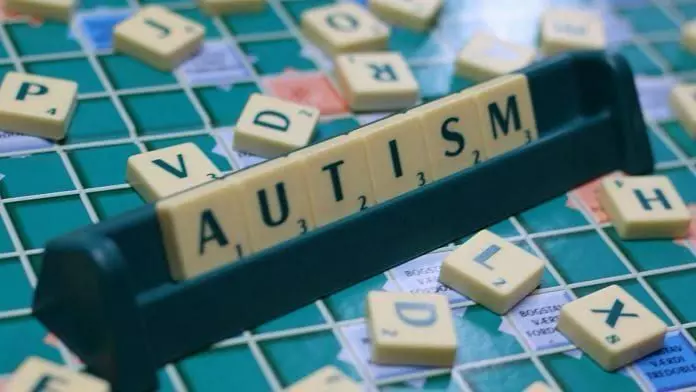Autism Awareness Day: How to support individuals with autism based on their unique needs
Some individuals on the spectrum do not use spoken language but communicate through gestures
By Anoushka Caroline Williams
Representational Image.
Hyderabad: April 2 marked World Autism Awareness Day, a time to increase understanding and acceptance of Autism Spectrum Disorder (ASD).
While autism is often discussed as a single condition, it includes a wide range of characteristics that vary from person to person.
Understanding the spectrum
Some individuals may require significant support in daily life, while others may be highly independent. The key to supporting autistic individuals is recognising the different ways autism manifests.
Dr Anupama Sagar, a clinical psychologist specialising in autism, speaking to NewsMeter, explained the nature of the condition: “No two autistic individuals are the same. Some may struggle with verbal communication, while others may have sensory sensitivities or social challenges. The term ‘spectrum’ reflects this wide range of experiences.”
Types of autism and their characteristics
Although autism is now officially diagnosed under the umbrella term Autism Spectrum Disorder (ASD), previous classifications help explain the differences in how it manifests.
1. Level 1 autism (previously Asperger’s Syndrome)
• Individuals with Level 1 autism typically have strong verbal skills but may struggle with social interactions.
• They may prefer structured routines and have an intense focus on specific interests.
• Social cues, sarcasm or small talk may be difficult to understand.
According to speech-language therapist Jhovita Amalraj, “People with Level 1 autism often excel in specialised fields like technology, engineering or the arts. Their ability to focus deeply on topics of interest is a strength.”
2. Level 2 autism (moderate support needs)
• Individuals may have delayed speech development or struggle with back-and-forth conversations.
• Sensory sensitivities can be significant, leading to discomfort in loud or chaotic environments.
• Routine disruptions may cause distress, and repetitive behaviours (such as rocking or hand-flapping) are common.
• Support is often needed for social and daily life skills.
Dr Sagar explained: “For individuals with Level 2 autism, structured support in communication and daily routines can greatly improve quality of life. Sensory-friendly environments also play a crucial role.”
3. Level 3 autism (significant support needs)
• Individuals with Level 3 autism may be nonverbal or have very limited speech and rely on alternative communication methods.
• They often have intense sensory processing difficulties, making everyday situations overwhelming.
• Assistance is required for daily living tasks such as personal care, communication, and adapting to new situations.
Autism advocate and caregiver Mariam Tabassum said, “Many people assume that nonverbal individuals don’t understand what’s happening around them, but that’s not true. They often have strong cognitive abilities and communicate in unique ways, such as through assistive technology.”
Other forms of autism-related conditions
While these levels describe the varying support needs of individuals with ASD, there are also autism-related conditions:
• PDA (Pathological Demand Avoidance): Characterised by extreme anxiety around demands and expectations, leading to avoidance behaviours.
• Sensory Processing Disorder: Some autistic individuals experience sensory overload, making certain sounds, lights or textures overwhelming.
• Nonverbal Autism: Some individuals on the spectrum do not use spoken language but communicate through gestures, writing or devices.
Understanding the different types of autism is essential for fostering acceptance and support. World Autism Awareness Day serves as a reminder that autism is not a single experience but a diverse spectrum. Experts emphasised the need for inclusive spaces, early intervention and recognising the strengths that autistic individuals bring to society.